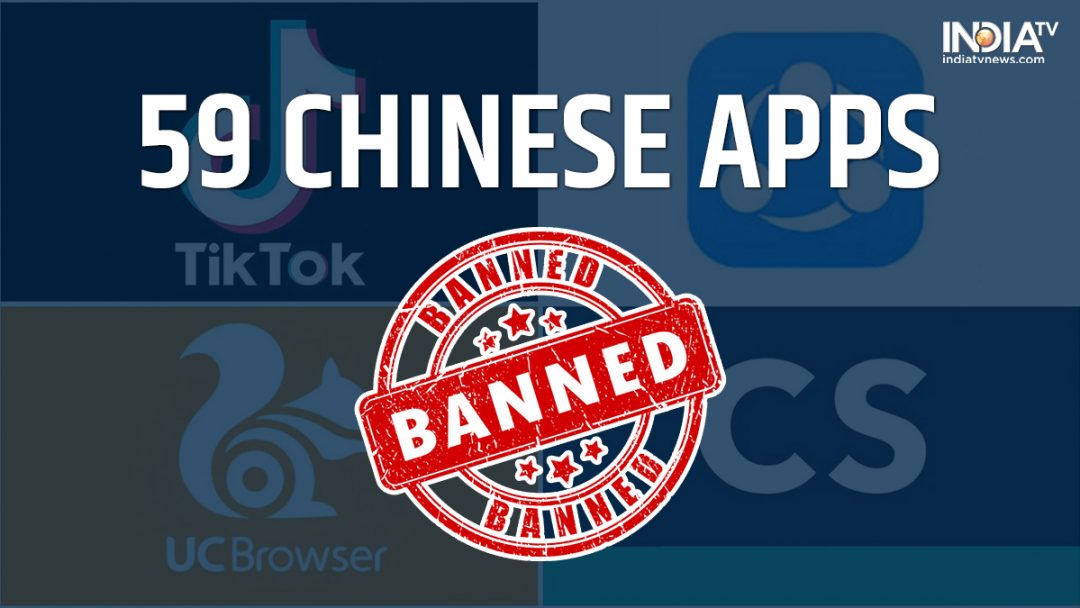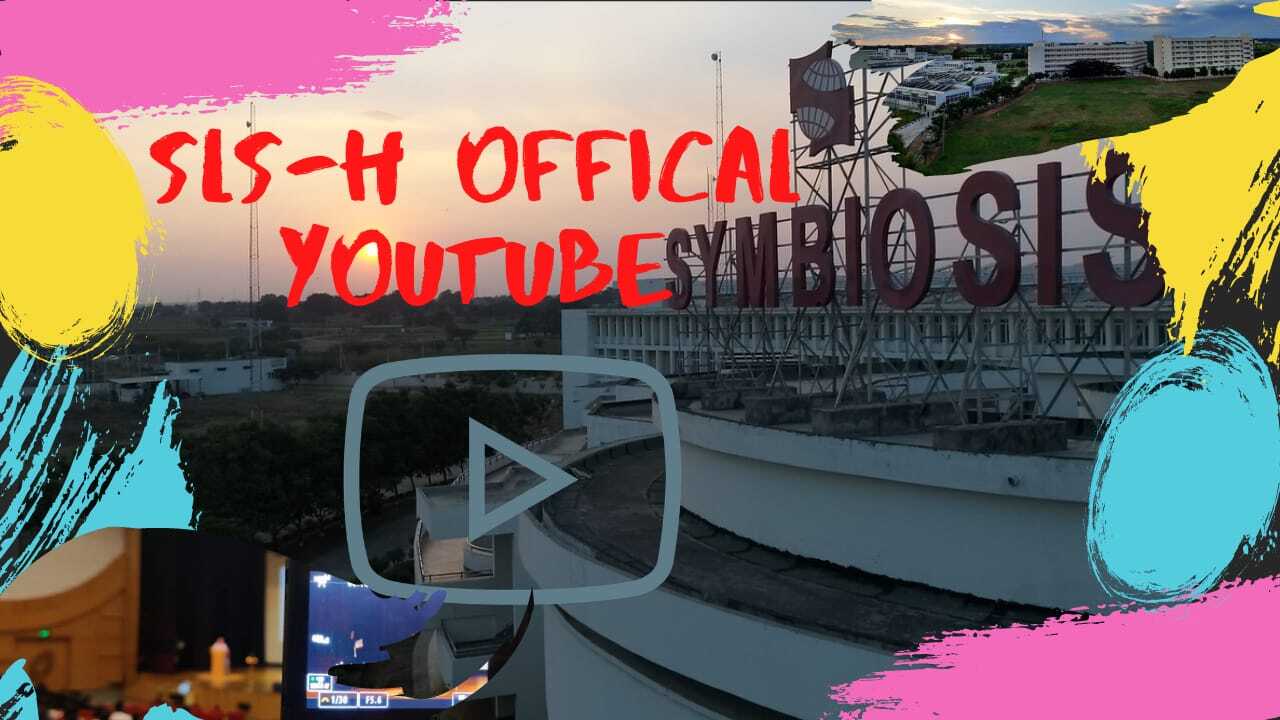
BANNING CHINESE APPS- PRIVACY ISSUE OR A POLITICAL PROPAGANDA?
What exactly is privacy? Is it something your neighborhood peeping Tom has no respect for? Is it Google still having access to all your information despite your trusted ‘Ctrl+Shift+Delete’ handy shortcut? And more importantly, what does privacy have anything to do with being political propaganda? I mean we would not particularly be surprised if it was, but was it?
Chances are you have either heard of TikTok because of the supposedly ‘cringe content’ it contains or because you too tried to follow Charlie D’Amelio’s dance videos to become a trendsetting millionaire, but failed.
TikTok is, however, just one of the several Chinese apps that the Indian government decided to put a ban on. Some popular ones you would probably recognize are CamScanner- the app you used to convert your hardcopy documents into savable PDFs, SHAREit- your substitute app for a Bluetooth, SHEIN- your suspiciously low-priced shopping app, and of course- PUBG.[i]
The timing of the ban on Chinese apps is what draws attention to it. While the government declared the ban on the apps under Section 69A of the Information Technology Act, 2000 which allows the government to block public access to information through a computer source, the Chinese military’s encroachment into the Indian Territory set quite the curious background. Section 69A mentions provisions based on which the ban is sustained, such as- the country’s security and defence, in the best interest of the sovereignty and integrity of the nation, maintaining public order or friendly relations with foreign states; the reason(s) behind blocking such information is supposed to be mentioned in writing. The procedure to do so is mentioned under the 2009 rules which have two broadly prescribed procedures- one under Rules 6, 7 and 8, and the other under Rule 9.[ii]
Now the real question is- what brought on the ban? Was it the concern for the citizen’s or the individual’s privacy? Because let’s be honest, the ArogyaSetu app states otherwise. Or was it a political move by the present government to take advantage of the frenzy caused by the death of the brave soldiers at the Sino-Indian border for their own political gain? While the ban on the apps might be the government’s way of retaliating against China, one cannot ignore the fact that most of these apps did have access to the user’s personal information that was not relevant to the working structure of the application.
At perhaps the same time as the introduction of the ban, Apple released an update for iOS where it made the user aware of any apps or applications that accessed more than the authorized data. TikTok was one such app caught by the updated beta version of iOS 14 where it was found that the app had access to the data on the user’s clipboard. TikTok responded by saying that the behavior was triggered by a feature that resulted in a spammy and repetitive algorithm and that a newer version was submitted to the App Store.[iii]
The Ministry of Electronics and IT did acknowledge that it had received complaints on several occasions from various sources where apps were reported for stealing and transmitting the users’ data in an unauthorized manner to servers outside the country.[iv]
Taking these facts into consideration, one can conclude that the ban on the Chinese apps was a political move to satiate the hunger for vengeance and retaliation that arose among the citizens in the wake of the twenty soldiers martyred at the Indo-China border conflict. A full-fledged war was not a viable option in circumstances such as these, which left India with no option but to impose a ban on the Chinese apps. India constitutes a significant percentage of the Chinese export market especially when it comes to electronic products. Besides, the ban on the Chinese apps did bolster the demand and usage of their Indian counterparts as seen in the case of Roposo- the Indian TikTok if you will.
The ban although seemed unnecessary played a significant role in calming down the vengeance-seeking population and put a stop to riots arising across the country that would have invariably led to internal turmoil and things would have gotten out of hand.
However, the ban did not just affect China. A multitude of people in India who depended on these apps for their livelihood (for example- a TikTok content creator) would now have to find different means to earn a living.
So, in the end, the ban did serve two purposes- one, a political agenda to maintain peace and avoid turmoil within the country, and two, to protect the netizens from freely giving away their data to a third party without their permission and or knowledge.
Endnotes:
- Jagmeet Singh, Government Bans 47 More Chinese Apps in India After TikTok, 58 Others Banned in June: Report, Gadgets 360- An NDTV venture, 28 July 2020.
- Murali Krishnan, Centre used IT Act Powers to Block Apps, Hindustan Times, 01 July 2020.
- Zak Doffman, Warning—Apple Suddenly Catches TikTok Secretly Spying On Millions Of iPhone Users, Forbes, 26 June 2020
- India bans 59 Chinese apps including TikTok, WeChat, Helo, Economic Times, 29 July 2020
Thanks to Ms. Gauri Desai of Batch 2019-24. Edited by Ms. Gargi Kulkarni.
Image credit: indiatvnews.com/news/india/breaking-govt-bans-59-chinese-apps-tiktok-full-list-630274
Disclaimer: The blog is the opinion of the author and does not represent the opinion of the institution. The images used are for representative and academic purposes only.

